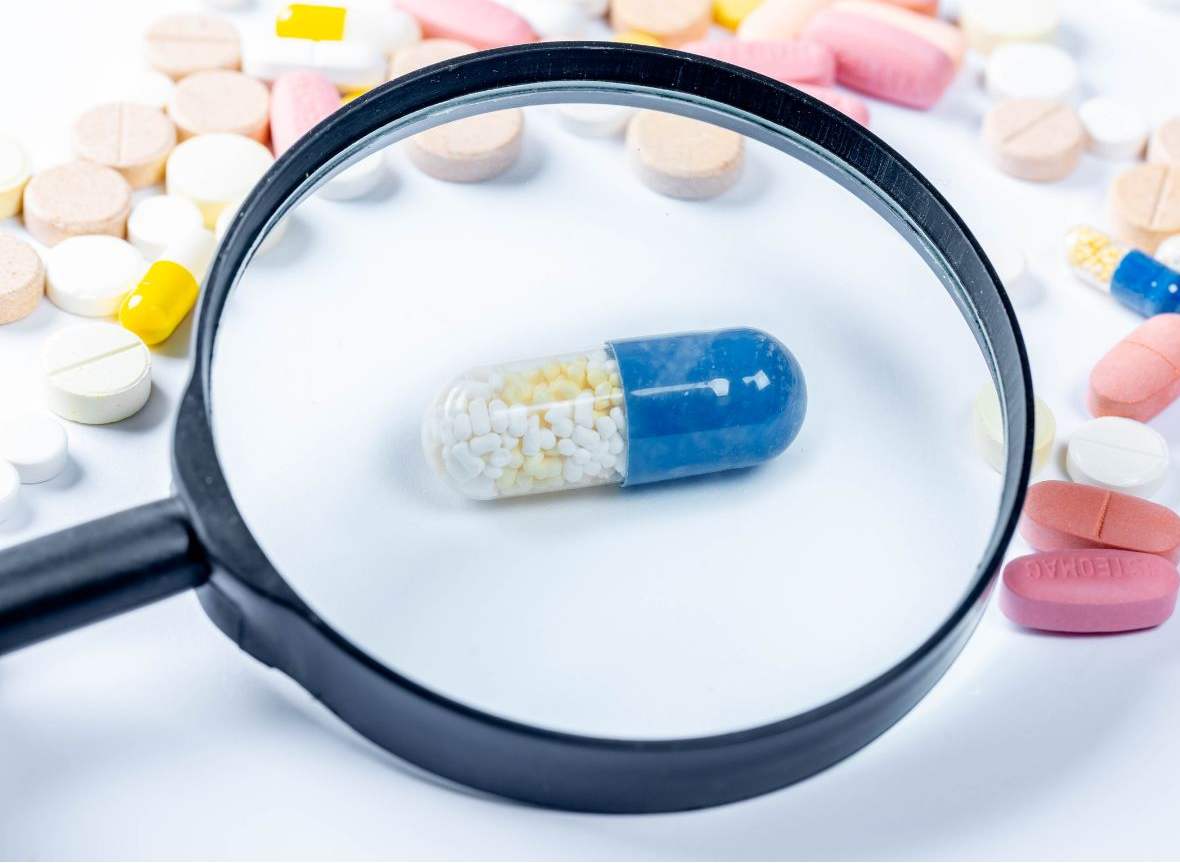
Drug discovery is characterised by high failure rates, with less than 10% of drugs entering clinical trials ultimately getting approved1 .
In my twenty years in biotech, a host of methodologies have been hailed as the silver bullet that will “fix” drug discovery, and render disease a thing of the past. They have been discussed in the most hyperbolic terms, and yet, all of them have failed to deliver, at least to the extent that was promised.
For example, high-throughput screening and automated solutions enabled the assessment of 100,000 compounds a day, but the proportion of drugs reaching the market barely improved. The genomics era promised revolution by linking drug mechanisms to genetic rationale, and yet approval rates increased by only 2.6%1 .
AI is receiving the same hype, again promising to solve the problem of drug discovery, but most of what I read seems to miss the point that discovery is really not the issue. Our ability to identify potential new candidates already greatly outstrips our ability to predict which of these candidates will be safe and efficacious in humans. If we don’t resolve our knowledge gap around how these molecules actually behave in people, the rate at which we bring new treatments to market is unlikely to significantly improve.
This year the FDA published their roadmap to move away from animal models in drug development, starting with antibodies but eventually expanding to small molecules:“There is growing scientific recognition that animals do not provide adequate models of human health and disease. Over 90% of drugs that appear safe and effective in animals do not go on to receive FDA approval in humans predominantly due to safety and/or efficacy issues”.2
Machine learning and AI are a huge part of the solution to getting better, safer drugs to patients faster. The FDA is confident about it and they explicitly call it out in their road map alongside improved in vitro, ex vivo and in vivo models. Using AI to resolve safety and efficacy issues should be where the excitement and attention lies. With better models it will be possible to not only fix current drug candidates with safety issues, but also significantly improve the information available during discovery of new ones leading to improved success rates.
Is AI actually the thing which will significantly move the needle on failure? I think it could be, but only if we apply it at the actual pinch point rather than using it to pour more and more compounds into a bottlenecked system.

Author: Jess Meyer
References: